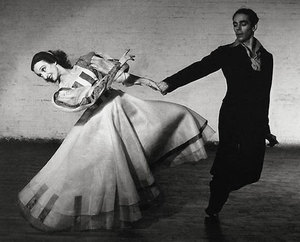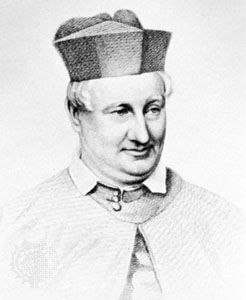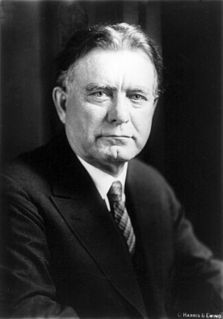A Quote by Diane Setterfield
And sometimes then he sat with us for an hour or so, sharing our limbo, listening while I read. Books from any shelf, opened at any page, in which I would start and finish anywhere, mid-sentence sometimes. Wuthering Heights ran into Emma, which gave way to The Eustace Diamonds, which faded into Hard Times, which ceded to The Woman in White. Fragments. It didn't matter. Art, its completeness, its formedness, its finishedness, had no power to console. Words, on the other hand, were a lifeline.
Quote Topics
Any
Anywhere
Art
Books
Completeness
Console
Diamonds
Emma
Faded
Finish
Fragments
Gave
Had
Hand
Hard
Hard Time
Hard Times
Heights
Hour
Lifeline
Limbo
Listening
Matter
Mid
Opened
Other
Our
Page
Power
Ran
Read
Sat
Sentence
Sharing
Shelf
Sometimes
Start
Then
Times
Us
Way
Were
Which
While
White
Woman
Words
Would
Related Quotes
I believe what has kept us relevant over the years is not just the fashion which has sometimes been more timely than other times but has also been our messages, which have consistently reflected the context of the world we're living in and what was happening and that which was affecting what we were thinking and what was inspiring us.
We had no churches, no religious organizations, no sabbath day, no holidays, and yet we worshiped. Sometimes the whole tribe would assemble to sing and pray; sometimes a smaller number, perhaps only two or three. The songs had a few words, but were not formal. The singer would occasionally put in such words as he wished instead of the usual tone sound. Sometimes we prayed in silence; sometimes each one prayed aloud; sometimes an aged person prayed for all of us. At other times one would rise and speak to us of our duties to each other and to Usen. Our services were short.
The Dancer believes that his art has something to say which cannot be expressed in words or in any other way than by dancing... there are times when the simple dignity of movement can fulfill the function of a volume of words. There are movements which impinge upon the nerves with a strength that is incomparable, for movement has power to stir the senses and emotions, unique in itself. This is the dancer's justification for being, and his reason for searching further for deeper aspects of his art.
Many of our miseries are merely comparative: we are often made unhappy, not by the presence of any real evil, but by the absence of some fictitious good; of something which is not required by any real want of nature, which has not in itself any power of gratification, and which neither reason nor fancy would have prompted us to wish, did we not see it in the possession of others.
Let no one ever shy away from the claim that Jews have power, that Jews have influence. We have learned the terrible lesson of history; that unless we have influence and power, disproportionate to our small numbers - immoral results will occur. We need power. And we must continue to use our power. Power which we earned, power which no one gave us on a silver platter, power which we worked hard for - use that power in the interests of justice.
And for adults, the world of fantasy books returns to us the great words of power which, in order to be tamed, we have excised from our adult vocabularies. These words are the pornography of innocence, words which adults no longer use with other adults, and so we laugh at them and consign them to the nursery, fear masking as cynicism. These are the words that were forged in the earth, air, fire, and water of human existence, and the words are: Love. Hate. Good. Evil. Courage. Honor. Truth.
...night possessed us and the shadow of death encompassed us, for we had fallen into sin and lost the power of sight which was ours by God's grace and by which we were able to perceive the light that bestows true life. Night and death had been poured out on our human nature, not because of any change in the true light, but because we had turned aside and no longer had any inclination towards the life-bearing light. In the last times, however, the Giver of eternal light and Source of true life has had mercy upon us.
O Romeo, Romeo, wherefore art thou Romeo? Deny thy father refuse thy name, thou art thyself thou not a montegue, what is montegue? tis nor hand nor foot nor any other part belonging to a man What is in a name? That which we call a rose by any other name would smell as sweet, So Romeo would were he not Romeo called retain such dear perfection to which he owes without that title, Romeo, Doth thy name! And for that name which is no part of thee, take all thyself.
There is nothing that dies so hard and rallies so often as intolerance. The vices and passions which it summons to its support are the most ruthless and the most persistent harbored in the human breast. They sometimes sleep but they never seem to die. Anything, any extraordinary situation, any unnecessary controversy, may light those fires again and plant in our republic that which has destroyed every republic which undertook to nurse it.
All of us can think of a book... that we hope none of our children or any other children have taken off the shelf. But if I have the right to remove that book from the shelf - that work I abhor - then you also have exactly the same right and so does everyone else. And then we have no books left on the shelf for any of us.
































